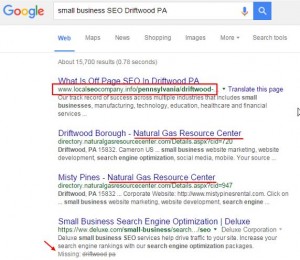One of the most attractive alternatives to business loans is commercial factoring. It allows your business to receive funds based on the money you will be earning in the future. Factoring is not considered a loan because the factoring company is simply buying your accounts receivable at a discount then collecting money later from your customers for a profit. The factor charges various fees, but this process still provides the funds without creating a liability. The following information provides an overview of commercial factoring.

Factoring Process
After you enter an agreement, you will begin sending the factor your invoices as they come in. Customers are then notified by the factor about payment procedures. You may decide that only a certain percentage of your invoices need factoring. The factor will then take over the collection process, which is unique in the finance industry. This partnership helps filter out customers that do not pay on time.
It will be up to the factor to approve each individual customer for credit, based on a credit check and other considerations. This reduces the factor’s assumed risk on defaults. Your company’s credit standing will not be relevant in most cases, which is one of the strongest benefits of commercial factoring. However, your company does assume the risk of not getting paid for orders shipped that were not approved by the factor.
When the factor approves invoices, it sends your company a high percentage of the funds due to you, minus fees. It stores the remainder in a reserve account to offset returned goods and other possible expenses. The reserve funds will be sent to you when the invoices for the month are due.
Factoring Cost Conditions
- The type, annual sales, and stability of your business: sales volume reduces cost
- Whether you are a manufacturer or a wholesaler
- Order sizes: fees may decline for increased order sizes
- Customer credit scores: lower risk leads to lower fees
- Your selling terms: fees are higher the longer the list of terms
- The amount of billing involved
- The interest rate the factor charges on cashed receivables
(261)
Report Post






